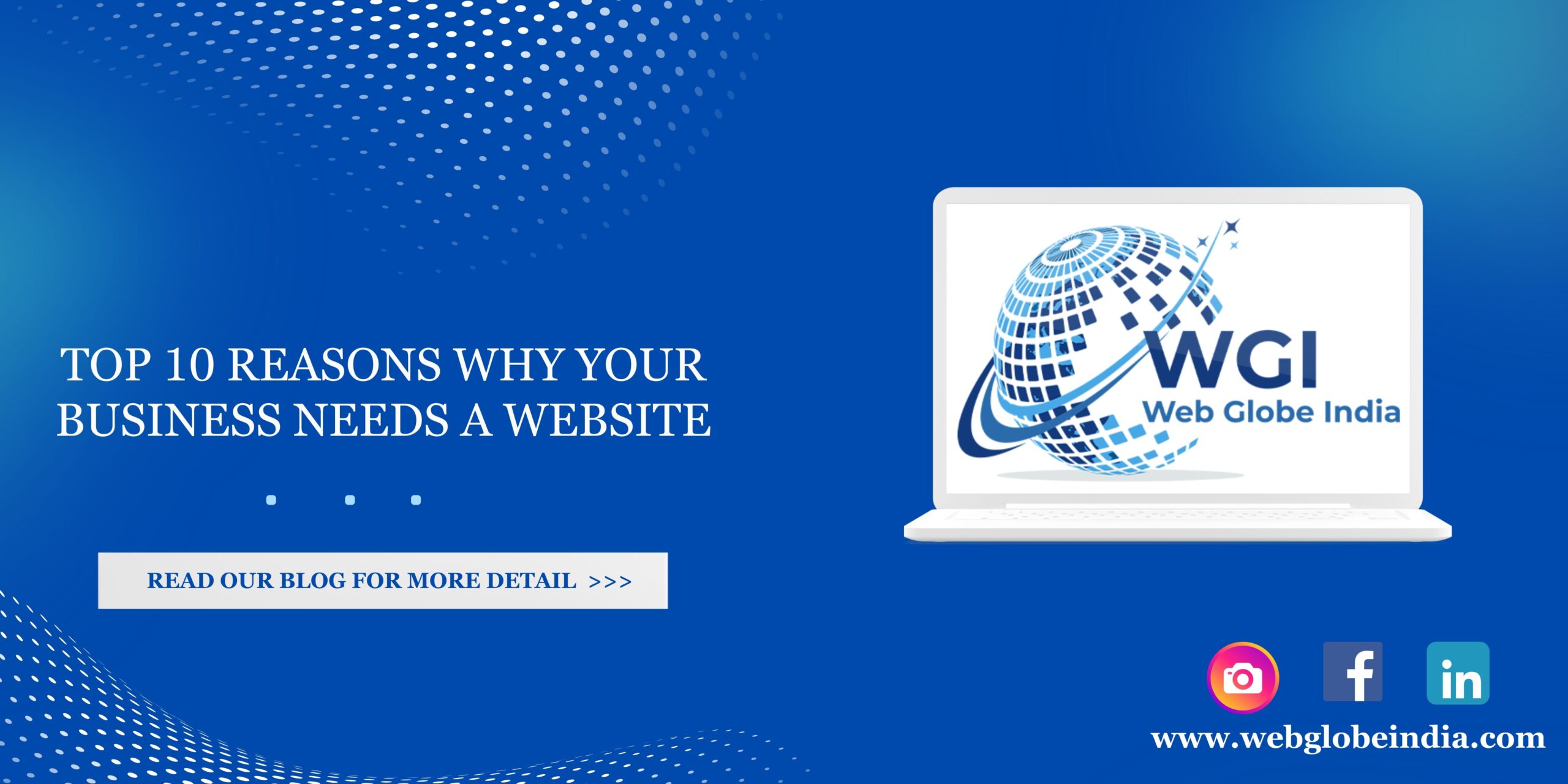In the fast-paced world of the internet, first impressions count. When it comes to your website’s visibility on search engines like Google, page speed is a critical factor that often gets overlooked. In this blog, we’ll explore why it’s necessary for web pages to load quickly for SEO (Search Engine Optimization) success.
The Need for Speed
User Experience Matters: Think about the last time you visited a slow-loading website. Frustrating, right? Visitors to your website feel the same way. If your web pages take ages to load, users are more likely to bounce away and seek faster alternatives. Google takes note of these actions and may penalize your site in search rankings.
Mobile-Friendly Optimization: With the majority of internet traffic coming from mobile devices, speed is crucial. Slow-loading pages can be particularly frustrating for mobile users, and Google rewards mobile-friendly websites with higher search rankings. Speed is a vital component of mobile optimization.
Bounce Rate Impact: Bounce rate refers to the percentage of visitors who leave your site after viewing only one page. A slow-loading page can lead to a higher bounce rate, signaling to search engines that your content might not be relevant or engaging. This can negatively affect your SEO efforts.
SEO and Page Speed
Google’s Page Experience Update: Google, the search giant, constantly evolves its algorithm to enhance user experience. One such update is the Page Experience update, which takes into account various user-centric factors, including page speed. Websites with faster loading times are more likely to rank higher in search results.
Crawling and Indexing: Search engine bots crawl and index web pages to understand and categorize content. Slow-loading pages hinder the efficiency of this process, potentially leading to incomplete indexing and reduced visibility on search engines.
Competition Is Fierce: In the online world, competition is fierce. There are thousands of websites vying for the same audience. If your site is slow, users are just a click away from finding similar content on faster-loading pages. Page speed is an easy way to stand out in the crowd.
Tips for Speeding Up Your Website
Optimize Images: Large images can significantly slow down your site. Compress and resize images without sacrificing quality.
Minimize HTTP Requests: Reducing the number of elements on your page, such as scripts and stylesheets, can improve load times.
Use Browser Caching: Caching stores previously loaded resources in a user’s browser, speeding up load times for returning visitors.
Content Delivery Network (CDN): A CDN distributes your website’s content across multiple servers, reducing server response times and improving page loading speed.
Responsive Design: Ensure your website design is responsive and mobile-friendly to cater to a broader audience.
Regular Maintenance: Regularly update and maintain your website’s software and plugins to ensure optimal performance.
Conclusion
In the world of SEO, every little detail can make a significant impact. Page speed is one of those crucial details that can either propel your website to the top of search engine rankings or bury it beneath the competition. By prioritizing fast-loading web pages, you’re not only enhancing the user experience but also boosting your chances of SEO success. So, make sure your website is fast, efficient, and ready to impress both users and search engines.







